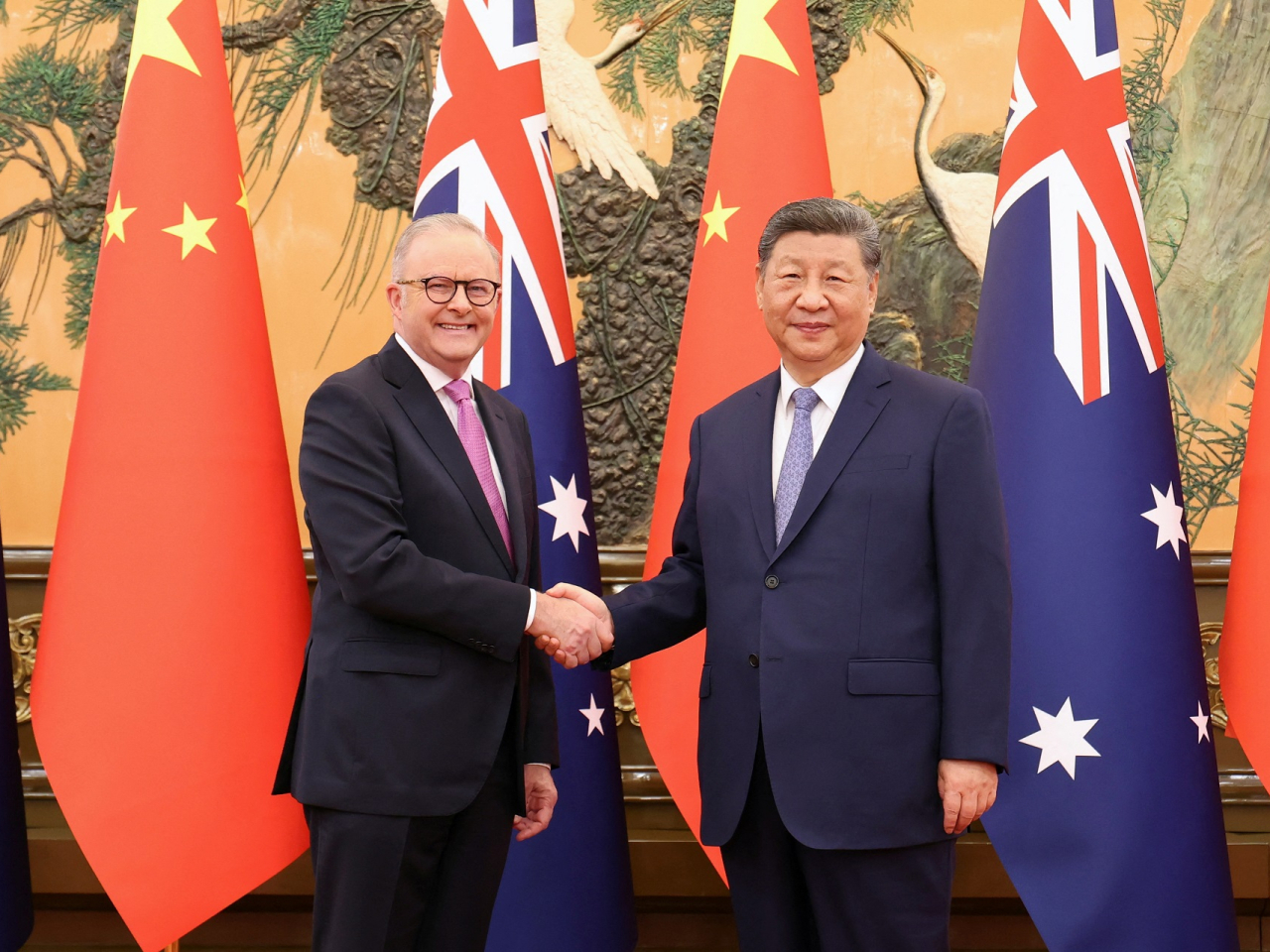A senior representative of the Australian Chamber of Commerce in Hong Kong said that the week-long China visit by Australian Prime Minister Anthony Albanese marked a "strategic shift" in bilateral ties for both countries.
In a high-profile tour, Albanese visited Beijing, Shanghai, and Chengdu over six days earlier this month, in what's dubbed as "panda diplomacy" to woo business opportunities and investment from the mainland.
President Xi Jinping also hailed the visit as a "reset" of ties between the two nations, after relations deteriorated following a call by Albanese’s predecessor, Scott Morrison, to launch an independent investigation into the causes of the Covid pandemic.
But in an interview with RTHK, Jason Chang, the chamber's deputy chair, said that the two countries were now on the track to elevate their relations to the next stage.
"In my opinion, the trip was one of the most significant in the Australia-China bilateral history, as it's the first one that's occurred since the period of geopolitical uncertainty, after the stabilising of the two countries' relations," Chang said.
He added Albanese’s second visit to China, following his first in 2023, boosted confidence among businesses.
"Despite the geopolitical uncertainties, China, in fact, remained Australia's largest trading partner, and for the past 16 years, the China market [to Australia] is larger than that of Japan, South Korea, the US and India combined.
"There aren't many countries in the world that has such a large proportion of its trade and export with a single country," said Chang, who's also the co-founder and chief executive of EMR Capital.
The trade veteran, whose company focuses on natural resources, critical minerals and energy transition, also noted while the partnership in clean energy-related technologies came "naturally given their complementary economics", the two sides could also look into other areas, such as education and sports.
"China has leading-edge technology in many segments and has invested significantly, in EVs, energy storage technology over the last few decades.
"At the same time, Australia has significant IPs and skills in all of these areas, including resources, energy, and education.
"Significant innovation is happening in China, there's some groundbreaking technologies, as we all know, and they have so much to offer to students from Australia and around the world," he said.
Looking ahead, Chang expected the two sides to continue to manage differences, while enhancing bilateral trade and investment appetite against the backdrop of US tariff threats.





